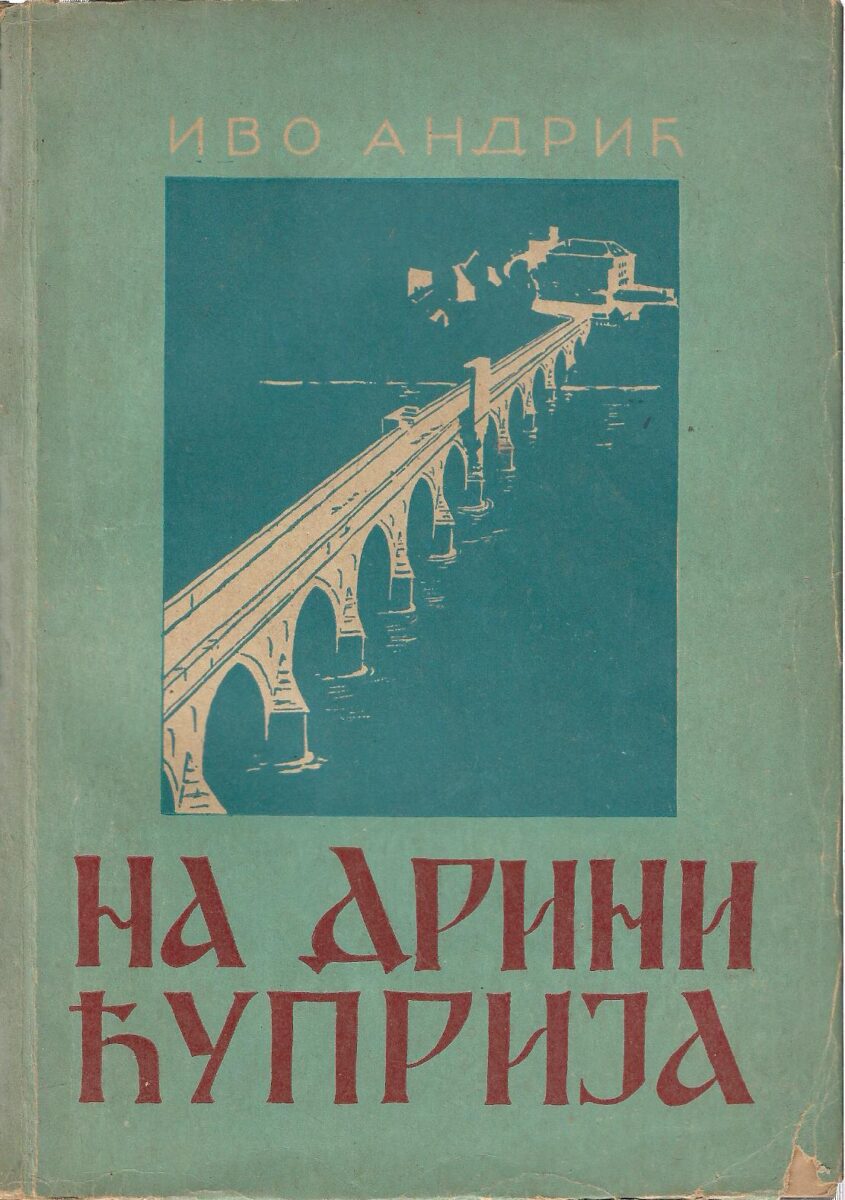Na Drini Ćuprija (Bridge on Drina)
Ivo Andrić

Another classic, but this time a local classic!!! Ivo Andrić is very well known here due to being the only Yugoslav to have won the Nobel prize for literature. Despite that, he has remained somewhat of a controversial figure in my country, so we never had his books on our mandatory reading lists in high school... Fun fact, Gavrilo Princip was his close friend lmao.
The main character in this book can be found in the title, it's the Bridge. The Bridge on Drina river. The story encapsulates the society that is built around the bridge, from the moment the bridge was set to be built, until the moment Austrians destroyed a portion of it during World War I. We get to witness how the villages around it prosper and struggle depending on the era, and how the cultural zeitgeist slowly and then rapidly changes with the arrival of Austria-Hungary, all while the bridge stands there as a constant, glorious and unharmed.
The bridge is located in eastern Bosnia, very close to the border with Serbia. It was built by Mehmed Pasha Sokolovic, a Gran Vizier in the Ottoman empire, an ethnic Serb who was taken away from his family and forcibly islamized though the practice called devshirma or "blood tax". The Bridge is seen as a tribute to his birthplace, but also as a way to better connect Sarajevo and Carigrad (Istanbul). The bridge breathes life into the region, as commuting and trade becomes much easier.
I could continue talking about the historical progression, but actually I'm kind of lazy so I'll focus on the thing I loved the most about this book and it's the remoteness. The life in this provincial town, on the margins of the Ottoman Empire is like moving through molasses. It's slow, all the news come slowly, everything here seems to be happening at a slower pace. Nobody here concerns themselves with what's happening in the distant lands. All of the border changes and power structures changing seem to be accepted without much pushback, the only worry in everyone's mind is if they'll be able to continue their life as quietly as they were before. It really paints a picture of the balkans in this period, and despite the raging nationalism that was born in the late 19th century, I'd say we all still hold some of this provincial mindset in ourselves, more so than other regions. Being irrelevant does that to you lmao.
Then there's also the interesting intersection between three religions, orthodox christianity, judaism and the largest and most influential one in the area, islam. The way the three intersect, but don't fully mingle with each other, the way they're distinctive yet connected through the land and customs, and the way they part ways as the new era approaches. With the end of the novel the remains of the 500 year tradition set up by the Ottoman Empire begin vanning, and it sets a precedent for a very dark age for Bosnian Muslims in that area that is yet to come.
I think if you want a book that describes this area well, you couldn't find a better choice.
"Tamo negde daleko u svetu igra se kocka ili bije boj i tamo se rešava i sudbina svakoga od nas."
"Somewhere far away in the world the dice had been thrown, the battles fought, and it was there that the fate of each one of the townsfolk was decided."
